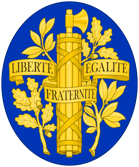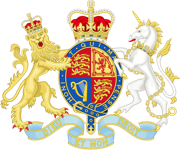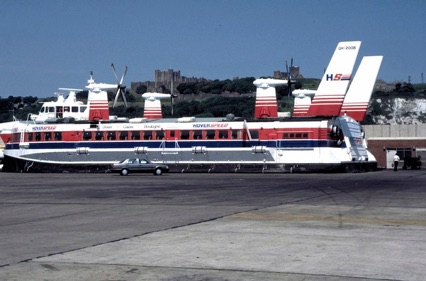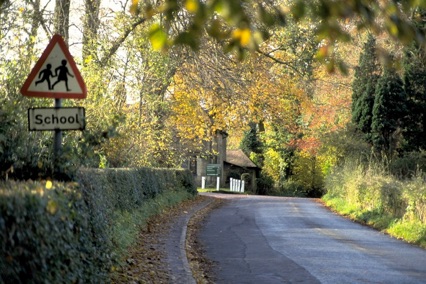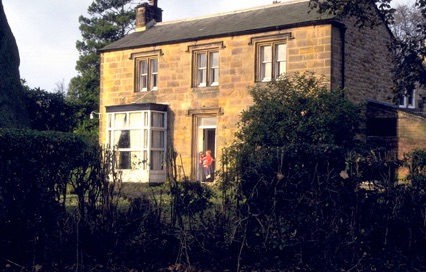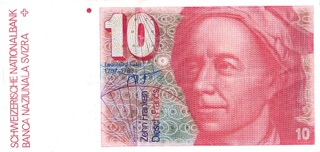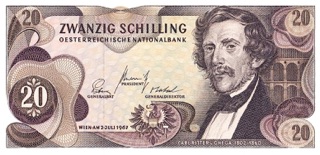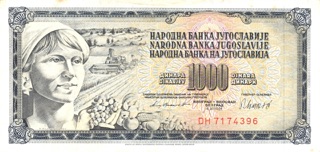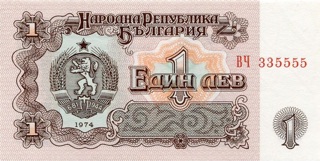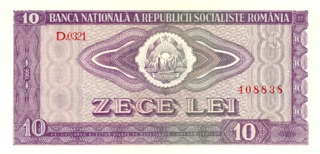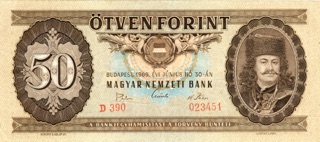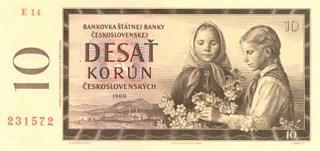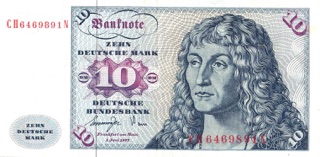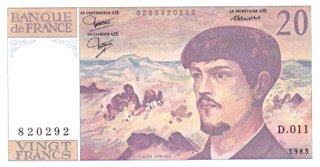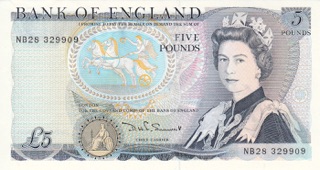Europe 1987

Kyrgyzstan and Tajikistan 2018

The day to return home to Lancashire had arrived. As we had to vacate our room by 9:00am, we were all up quite early. We loaded up with all our gear with more than a little relief that the walk to the Metro station wasn’t too far. Even so, I found it hard work to lug our two heavy suitcases with all their pamphlets, maps and so on. Maybe it was a good thing after all that Di had discreetly “lost” Phil’s very impressive serviette (paper napkin) collection which he had dutifully been accumulating during the previous weeks of travel.
It was an easy metro change and then a longer walk to the Hoverspeed train. We had to wait an hour and a half here, but the time passed as we worked out how to spend our remaining French coinage.
We had a reasonable train ride to Boulogne, with some grandparents happily providing some entertainment for the children. The hovercraft from Boulogne to Dover was 45 minutes late because the seas were apparently a little rough, but despite that, the crossing was not too bad.
When we finally boarded our Preston-bound train at London’s Euston Station, there was relief that all the changeovers were behind us. The three-hour train trip was a pleasant penultimate leg of our long journey; we met a girl from Glasgow who invited us to stay with her (which would be no small undertaking for her with our three young children).
The final leg of the trip was the taxi trip from Preston Station to our home at Woodfields. Yes, it cost £12, but it was a great feeling to arrive back home, all safe and in one piece, and still all in fairly good humour despite the tiredness.
So, how do I sum up the experience? We survived! We managed to cope with the rigours of Eastern European border inspections and bureaucracy, with scorching temperatures in Bulgaria and Yugoslavia and even snowfalls in Switzerland (ah, Europe in the summer!). We learned how to deal in pounds, francs, marks, schillings, koruns, forints, dinars, lei, leva and even stotinki. We mastered half a dozen different systems for buying petrol, mostly without the languages of the countries concerned, and we ate more types of food labelled as “bread” than we care to remember. We rejoiced in Eastern Europe’s low prices, where a Hungarian Youth Hostel charged our family of five only Aust.$11.45 for a night’s stay in a huge furnished room, and where ice creams cost about 4 cents each. Switzerland came as something of a shock after that, with petrol costing over $1 per litre, milk at $1.75 a litre and ice creams at $2.50 each! We didn't consume much ice cream in Switzerland!
Despite all that, we returned happy and mentally rested, stimulated by all the new experiences, and getting on marvellously well as a family. We drove 11,600 kilometres and incredibly, we did not have a breakdown or a smash, despite the attempts of some of Europe’s fastest (the Germans), least disciplined (the Yugoslavs) and unpredictable (the Bulgarian) drivers. In Romania, the car constantly dodged tractors, horse-drawn carts, geese and begging children on the roads. In France, on the other hand, the car dodged the expressways with their very high toll charges!
Although we covered 11,600 kilometres from Paris to Paris in the car, when the 800 or so kilometres each way from Stonyhurst to Paris are added, our total distance covered must have been well in excess of 13,000 kilometres, covering 12 countries.
Liesl and Phillip learned some valuable new skills, such as basic words in French and German, and much more confidence in new and unfamiliar situations. They learned to be more patient, how to travel long distances contentedly, and they broadened their young minds on matters of world politics and the environment. They also learned some less useful skills for the long-term, such as how to distinguish between Škodas, Daçias, Volgas, Trabants, Zastavas, Ladas, Zhigulis, Wartburgs, Yugos and so on. Meanwhile, Tim adjusted perfectly to the life of constant change, grinning at the many people who admired him, talked to him and stroked him while he was being carried around in the backpack.
Despite the long distance, we did not feel rushed, and the itinerary seemed to work out quite well. Each of the countries stands out in its own individual way. The spectacular mountain scenery of Switzerland was a clear highlight for all of us, although the ridiculously high prices there and the wet weather were minuses. We were pleasantly surprised at the diversity of scenery in Yugoslavia – it really struck us as being a country that has something for everyone: mountains, spectacular coastlines, old medieval cities, Turkish/Moslem towns, modern cities and traditional farming, and its prices were very reasonable.
West Germany, or at least the southern part of it where we toured, was also very impressive for its beautiful scenery and towns. Indeed, Di’s favourite city of the trip was Freiburg in southern Germany, with its lovely cobblestone streets, magnificent cathedral with a stone-lace spire, open gutters with flowing cool water from the melting snows, etc. Although I also loved Freiburg very much, I think my favourite city was Prague. The effect of the ornate, almost fairy-tale buildings, many centuries older than those found on such a large scale in any Western city, but in Prague found at every turn, was simply magical.
Bulgaria was a pleasant surprise for us – food was readily and cheaply available, it had some exquisite old towns (Veliko Tûrnovo and Plovdiv were fantastic), and Albena on the Black Sea was one of the nicest, most well-balanced resorts we have ever seen (even if accommodation is very tight).
Romania was the only country where travelling with children was an uncomfortable experience. Bureaucracy that meant it took one and a half hours to buy a 10 litre petrol coupon, or three hours to collect accommodation vouchers which had been pre-paid anyway (anything worthwhile seems to be procurable only with coupons in Romania) certainly made things difficult, but that was only part of the story. Food and drink were often simply not available in the shops, and begging children running in front of the car or coming right up to the windows when we stopped made driving precarious (the geese, ducks and chooks all over the nation’s roads didn't help much either). Suffice to say that Romania under Ceauşescu was totally different to any other nation we visited in that it was effectively a third world nation whose economy has, for all practical purposes, ceased to function at all.
The Citroen BX we had was a brilliant car – we only wish we could have brought it back with us. It is perhaps the most common type of family car in France, where it didn’t cause a second glance. In Eastern Europe, however, in a world of more boxy Ladas, Volgas, Wartburgs, etc, it attracted a crowd of onlookers whenever we stopped (Di took a while to adjust to this attention grabbing, and I’m not used to driving a head-turning car either for that matter).
Despite being in the same car, sharing often small Youth Hostel rooms, and being together without a break as a family for eight weeks, we found no evidence at all of getting on each others’ nerves. In fact, when we returned, there was unanimous agreement that we all felt closer together for the once-in-a-lifetime experience.
Although it was late by the time the children were all in bed asleep, Di and I couldn’t resist the temptation to open the mountain of mail that had arrived during our absence. We knew we had to rise early the next morning though, as Liesl and Phillip had to be up and ready to go to school early for first day of the new school year.
For Phillip, Monday was to be his first day of starting school, going on the bus with his big sister – our almost five year old boy was growing up.

Day 56
Paris to Stonyhurst
Sunday 6 September 1987
